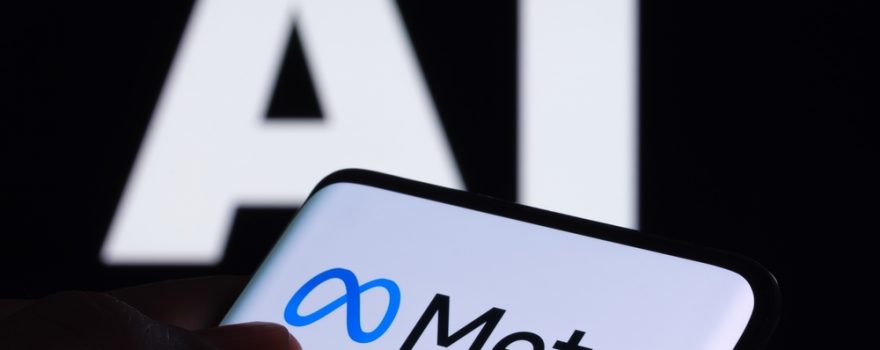
In a major stride toward advancing artificial intelligence, Meta is reportedly on a mission to create a new AI model that can rival the prowess of OpenAI’s latest chatbot, GPT-4. According to a recent report from The Wall Street Journal, Meta is making strategic moves to acquire AI training chips and establish cutting-edge data centers with the aim of birthing a highly sophisticated chatbot.
This ambitious project is scheduled to kick off in early 2024, with Meta’s CEO, Mark Zuckerberg, purportedly advocating for the new language model to be freely accessible to companies engaged in AI tool development. This emphasis on accessibility highlights Meta’s commitment to fostering innovation and collaboration within the AI community.
To facilitate this endeavor, Meta is expanding its arsenal of Nvidia H100 chips, a crucial component in AI training. Moreover, the company is reinforcing its infrastructure, reducing reliance on external cloud platforms like Microsoft’s Azure for chatbot training. This shift underscores Meta’s determination to gain greater control and autonomy over its AI development efforts.
The journey to develop an AI model that can match GPT-4’s capabilities is a natural extension of Meta’s ongoing exploration of generative AI features. Rumors have swirled about Meta’s work on generative AI features, with reports emerging in June about a chatbot for Instagram boasting an impressive array of 30 personas. These efforts reflect Meta’s vision to create AI tools capable of mimicking human expressions and interactions, potentially revolutionizing the way we engage with AI-driven systems.
However, this endeavor comes with its own set of challenges. Meta has reportedly experienced a substantial turnover of AI researchers this year, partly due to the allocation of computing resources across several language model (LLM) projects. This dynamic underscores the intense competition and demand for AI expertise in the tech industry.
Meta’s pursuit of AI excellence also unfolds against a backdrop of fierce competition. Notably, OpenAI announced in April that it would not be training GPT-5 for the foreseeable future, keeping the race for AI supremacy wide open. Apple is reportedly investing substantial resources daily into its own AI model, codenamed “Ajax,” claiming superiority even to GPT-4. Meanwhile, tech giants like Google and Microsoft are actively integrating AI into their productivity tools, and Google is eyeing the use of generative AI in Google Assistant. Amazon, too, is aggressively exploring generative AI for potential chatbot applications with Alexa.
In the rapidly evolving landscape of AI, Meta’s quest to reach GPT-4-level capabilities signifies a commitment to pushing the boundaries of what AI can achieve. As the company navigates challenges, resource allocation, and competition, the AI community eagerly anticipates the unveiling of Meta’s next-generation chatbot and its potential impact on the world of artificial intelligence.

 Get in Touch
Get in Touch 


